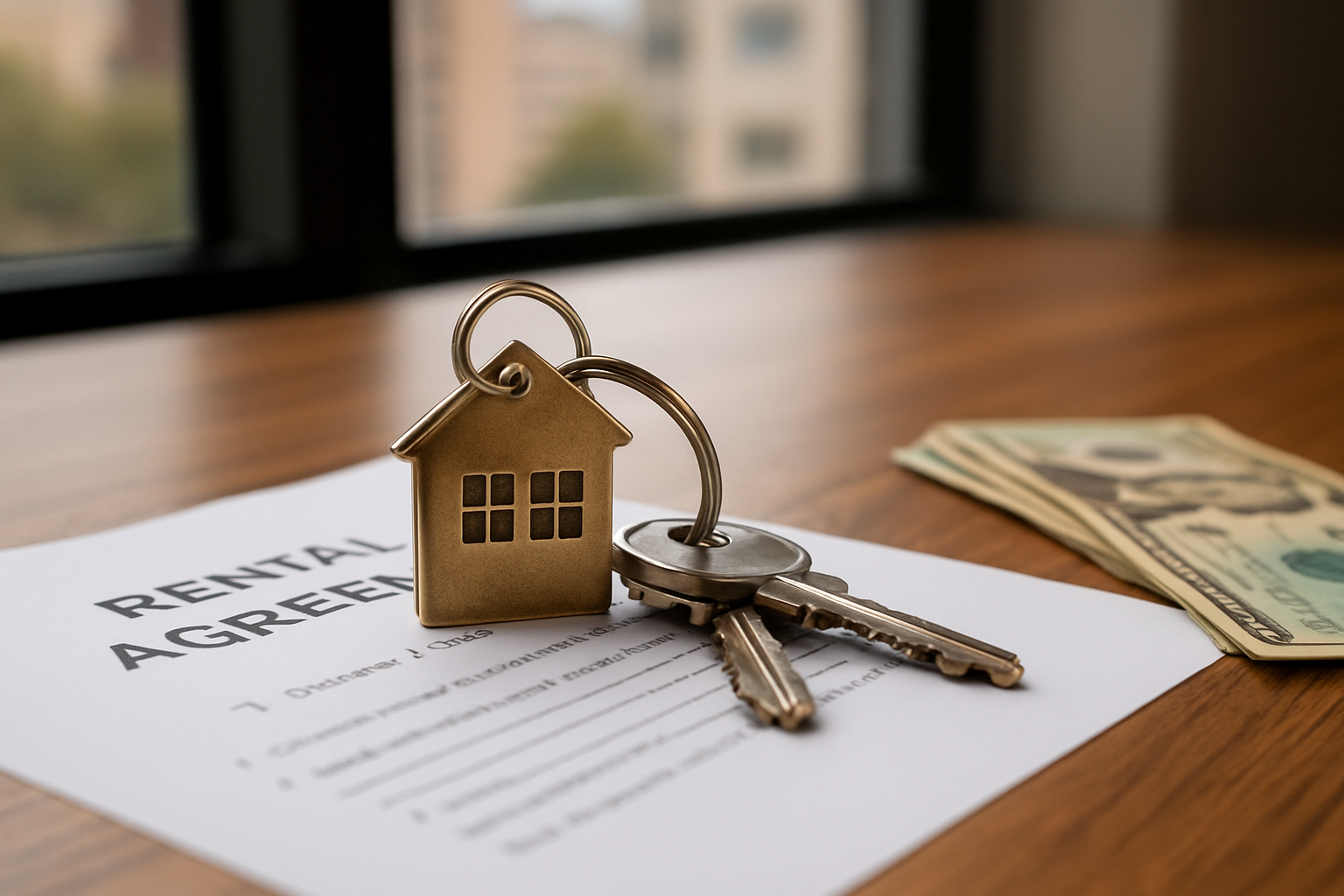Renting your first apartment—or even switching rentals—can feel overwhelming if you’re not familiar with the process. Understanding what you’re signing, what you’re paying, and what your rights are as a renter is essential to avoid costly mistakes or legal troubles.
This article will break down the core elements of renting an apartment, including lease agreements, security deposits, and your rights as a tenant.
Understanding Lease Terms
Your lease is a legally binding agreement between you and your landlord. Here are key terms to look for:
- Lease Length: This tells you how long you’re committing to rent the unit (e.g., 6 months, 12 months, month-to-month).
- Rent Amount and Due Date: Make sure the rent amount and due date are clearly stated.
- Renewal Terms: Some leases auto-renew; others require a new agreement. Know what happens when your lease ends.
- Utilities: Clarify which utilities (gas, electric, water, internet) are included and which are your responsibility.
- Rules and Restrictions: Understand policies about guests, noise, smoking, subletting, and pet ownership.
Tip: Always request a copy of the lease before signing. Read the fine print and don’t hesitate to ask questions.
What to Know About Security Deposits
A security deposit is usually required to cover potential damages or missed rent. Here’s what to know:
- Amount: Typically equals one month’s rent, but this can vary by state or property.
- Refundability: Your deposit is refundable if there are no damages or unpaid rent.
- Itemized Deductions: Landlords are required (in most states) to provide a breakdown of deductions if they keep any part of your deposit.
- Timeline: Laws vary, but landlords often have 14–30 days after move-out to return your deposit.
Tip: Take date-stamped photos of the apartment when you move in and out to protect yourself against unfair deductions.
Your Rights as a Renter
Renters have legal rights designed to protect them, even if they’re not spelled out in your lease. Some common rights include:
- Right to a Habitable Home: The landlord must maintain a safe, clean, and livable environment (working heat, water, etc.).
- Right to Privacy: Landlords must give notice (usually 24–48 hours) before entering the apartment, except in emergencies.
- Protection from Discrimination: The Fair Housing Act prohibits discrimination based on race, gender, religion, national origin, family status, or disability.
- Right to a Proper Eviction Process: You cannot be evicted without proper notice and legal proceedings.
Tip: Your state’s housing authority website is a great resource to learn about local renter protections.
Bonus: What to Ask Before Signing a Lease
- How is maintenance handled and how quickly are issues resolved?
- What’s the late rent policy?
- Is renters’ insurance required?
- What are the move-in/move-out procedures?
Final Thoughts
Renting an apartment isn’t just about picking a nice place—it’s about knowing your rights, responsibilities, and protections. Take the time to understand your lease, document everything, and don’t be afraid to ask questions before you sign. That way, you’ll set yourself up for a smooth and stress-free rental experience.
